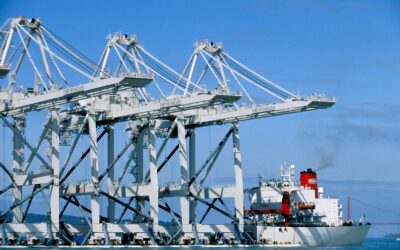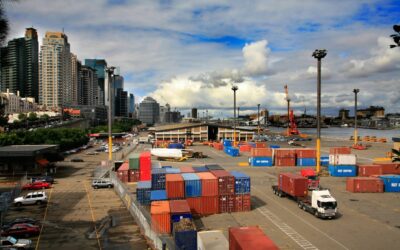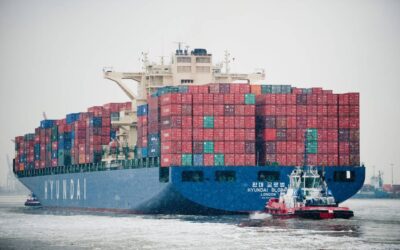Understanding Duties and Taxes: A Comprehensive Guide

Duties and taxes are essential aspects of international trade, influencing the movement of goods across borders and impacting businesses and consumers alike. In this comprehensive guide, we’ll delve into the intricacies of duties and taxes, their calculation, impact, and methods to mitigate their effects.
What are Duties and Taxes?
Duties and taxes are financial charges imposed by governments on goods imported into or exported from a country. These charges serve various purposes, including revenue generation, protecting domestic industries, and regulating trade.

Importance of Understanding Duties and Taxes
Understanding duties and taxes is crucial for businesses engaged in international trade as they directly affect the cost of goods and profitability. Moreover, failure to comply with duty and tax regulations can lead to legal consequences and financial penalties.
Factors Affecting Duties and Taxes
Several factors influence the calculation of duties and taxes, including the tariff classification of goods, the country of origin, and the declared value of the items.
Calculating Duties and Taxes
Duties and taxes are calculated based on the tariff rates applicable to the imported goods. Additionally, other charges such as customs fees, anti-dumping duties, and value-added tax (VAT) or goods and services tax (GST) may apply.
Common Duty and Tax Terms
Familiarizing oneself with common duty and tax terms such as duty, tax, customs clearance, and VAT/GST is essential for navigating international trade transactions effectively.
Methods to Reduce Duties and Taxes
Businesses can employ various strategies to reduce duties and taxes, including leveraging free trade agreements, obtaining tariff concessions, and qualifying for import duty exemptions.
Handling Duties and Taxes in E-commerce
E-commerce businesses must understand their responsibilities regarding duties and taxes when selling goods internationally. Providing transparent information to customers and ensuring proper customs documentation is crucial for compliance.
Legal Compliance and Risks
Non-compliance with duty and tax regulations can result in severe consequences, including fines, shipment delays, and reputational damage. Maintaining proper documentation and adhering to legal requirements is essential for mitigating risks.
Conclusion
Understanding duties and taxes is vital for businesses engaged in international trade to navigate the complexities of cross-border transactions effectively. By familiarizing themselves with duty and tax regulations, businesses can optimize their operations, mitigate risks, and ensure legal compliance in their global endeavors.
Recent Posts
- Budget-Friendly Imports: Strategies for Cost Control When Importing Goods From China
- Bridging Cultures: Navigating Cultural Aspects in China Imports
- Guide to working with a sourcing agent in China for startups
- How China Sourcing Agents Can Transform Your Business
- Exploring the Benefits of Collaborating with a China Sourcing Agent







Recent Comments